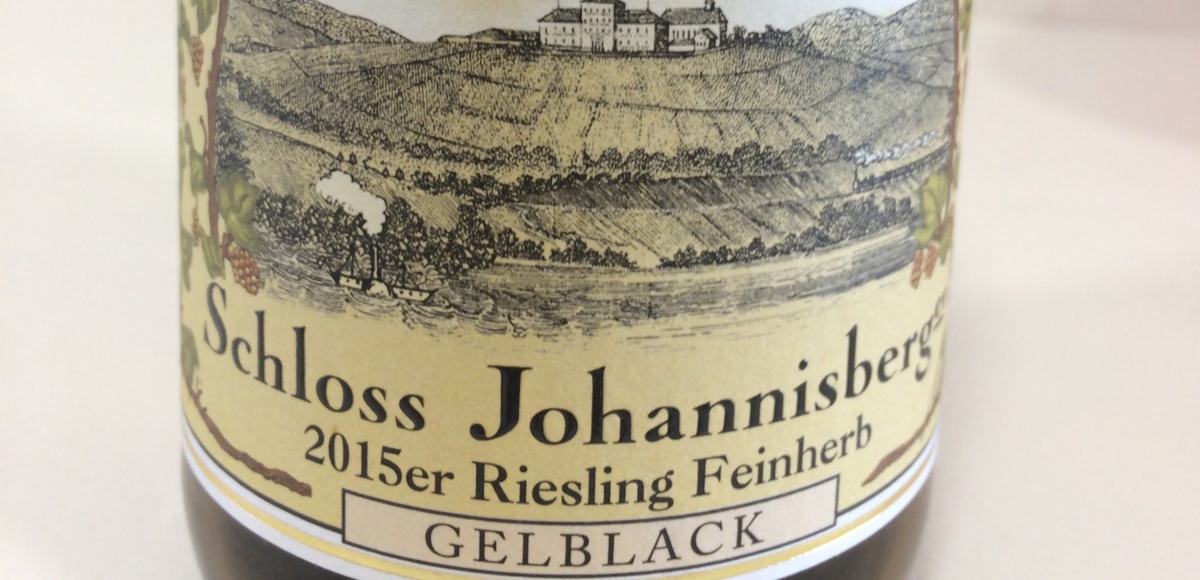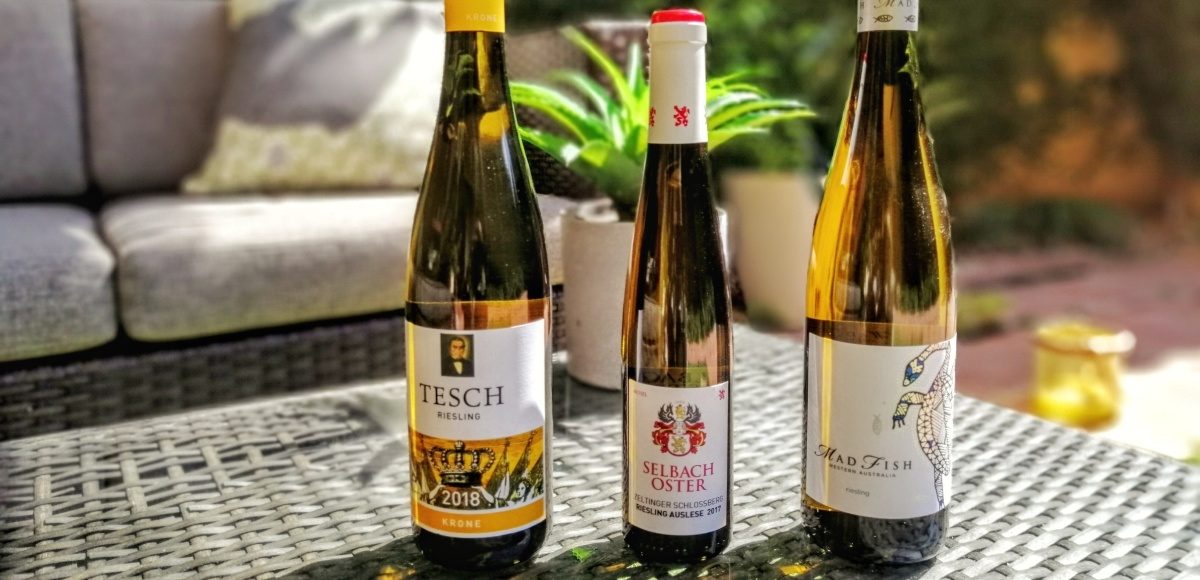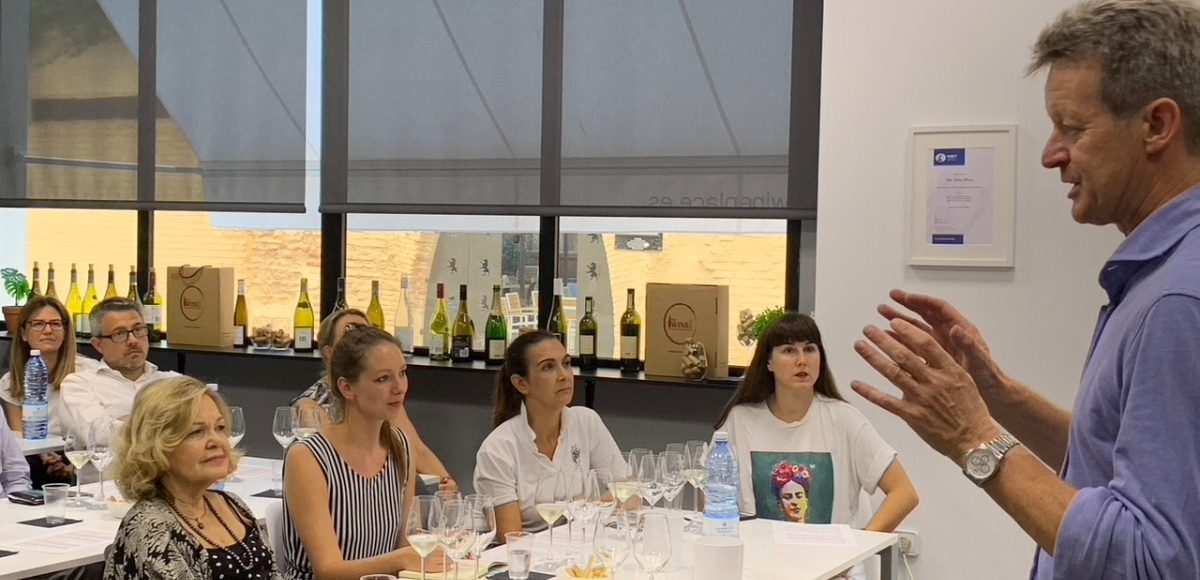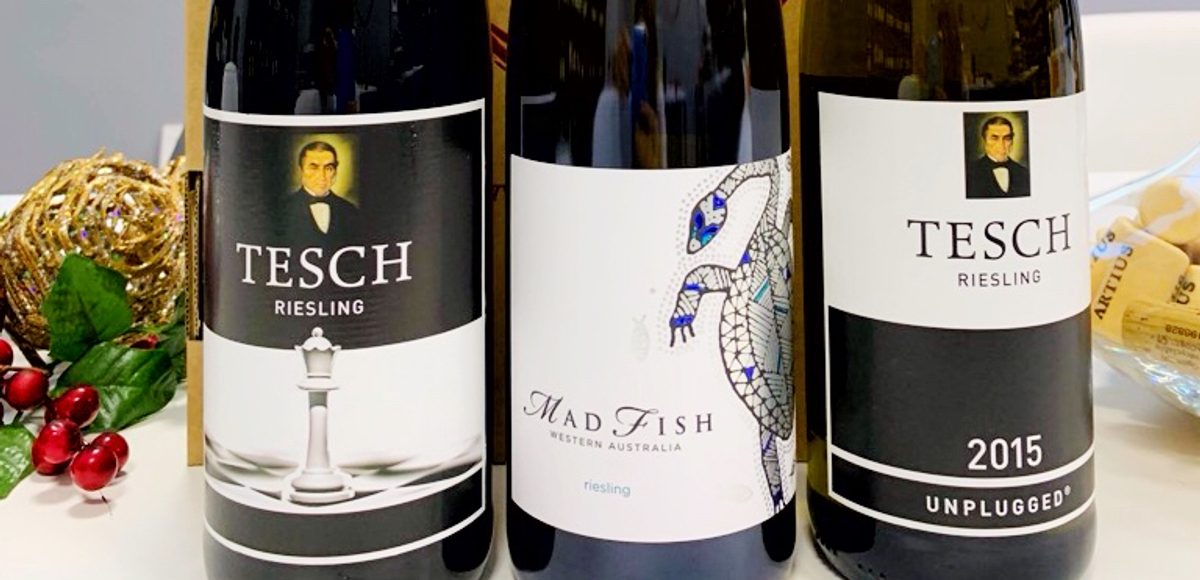German wine labels are very informative indicating not only the region but also the quality and sweetness of the wine. In order to understand what is in the bottle you need to know how wine is classified in Germany
Germany is the home of Riesling producing some of the finest white wines in the world. The styles range from dry to very sweet and are noted for their wide variety of flavours from floral to citrus to honey and to gasoline as well as their crisp acidity.
In Germany there are 13 wines regions. The most well known regions are Mosel, Pfalz, Rheingau, and Rheinhessen each producing wines that have distinctive characteristics.
The key terms for better quality wines are:
- Qualitätswein indicates a quality wine from one of the wine regions made from grapes with a minimum level of natural sugar when picked. If the grapes do not reach the minimum sugar levels, due to rain or cold, then growers are permitted to add sugar. This is not permitted in the following category.
- Prädikatswein. These wines are made from grapes that are classified according to the level of sugar, when harvested. This is where German wine laws differ from those in Spain and France where the DOC or AOC classification is determined only by where the grapes are grown and in theory the quality of the wine.
A wine classified as a Prädikatswein will have one of the following six terms on the label. These terms are in ascending order of ripeness of the grapes, not sweetness of the wine.
Kabinett Rieslings – grapes harvested early in the season, natural sugar levels are lower, hence the wines tend to be dry, lighter in style with a crisp acidity.
Spätlese, literally means ‘late harvest’. These are wines made from grapes with a higher level of natural sugar. They will have more body, can be dry or slightly sweeter with citrus flavours and notable for their crisp acidity. These wines can be aged and they also make excellent wines with food.
Auslese, wines made from selected riper bunches with higher natural sugar. Tend to be sweeter, richer and more elegant. Another excellent wine to combine with food, particularly cheeses and spicy food.
The next three categories are classified as ‘noble sweet wines’. These are much rarer and are not made every year, only when the conditions allow.
Beerenauslese and Trockenbeerenauslese are made from grapes with botrytis or noble rot, similarly to the other classic sweet wines such as Sauternes. These wines are very rich, complex and lusciously sweet.
They are expensive but you need to bear in mind that it can take a whole day to pick enough mouldy grapes to make just a half bottle of Trockenbeerenauslese.
The final category is Eiswein, which as the name suggests is made from grapes that have been picked when frozen producing wines that are sweet but different flavours from the BA and TBA because the grapes have not been effected by botrytis.
Also look out for the letters VDP, Verband Deutscher Prädikatsweingüter. This is an independent association of the top producers in Germany. They have their now very strict regulations on viticulture and winemaking.
The best quality dry wines from the top single vineyard sites are called “Grosses Gewächs”, and they will carry the letters “GG” on the bottle.
Finally, vintage variation is very important when in comes to quality. When you are buying a premium German wine it is worth checking how the year was rated.










